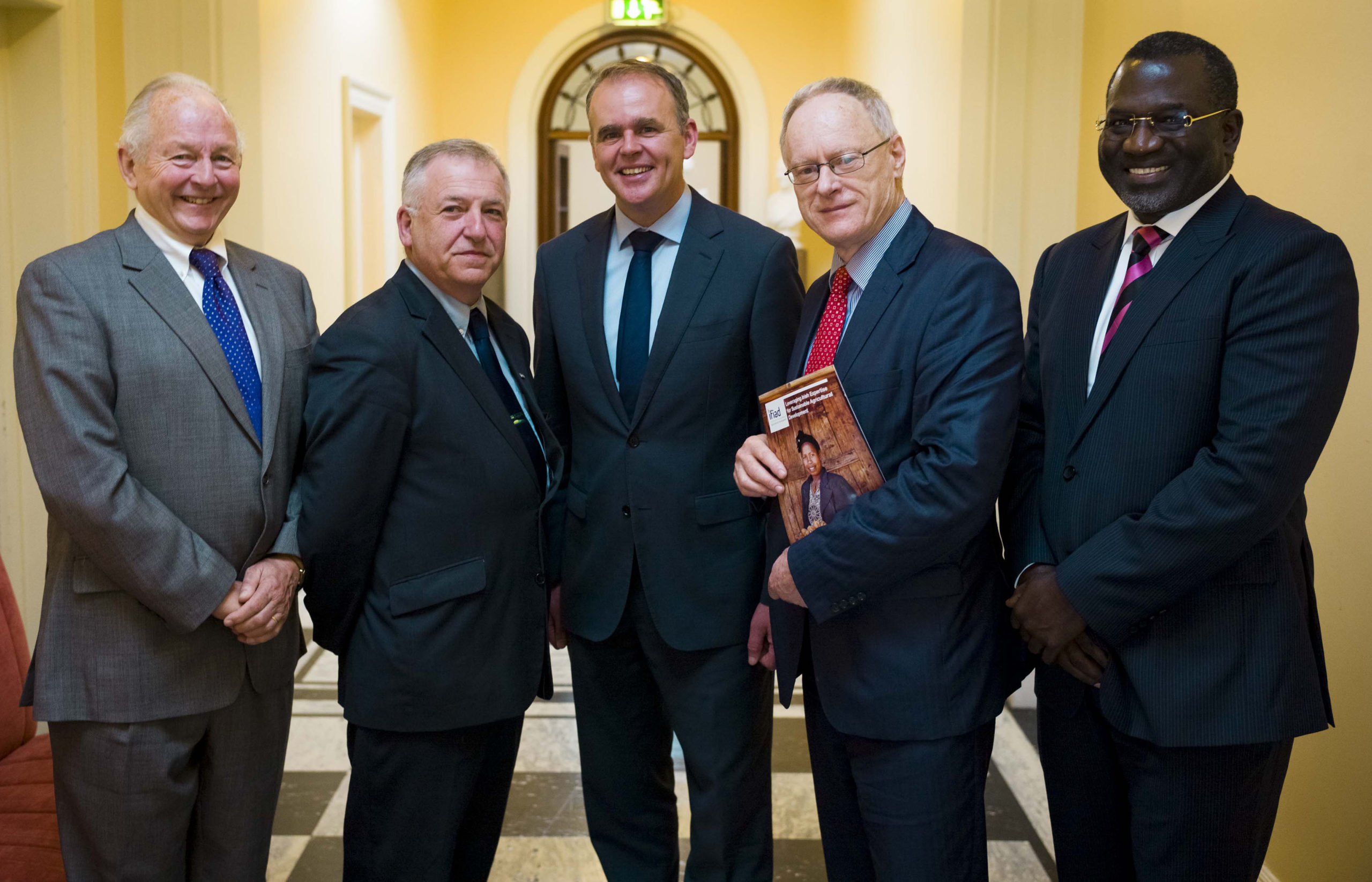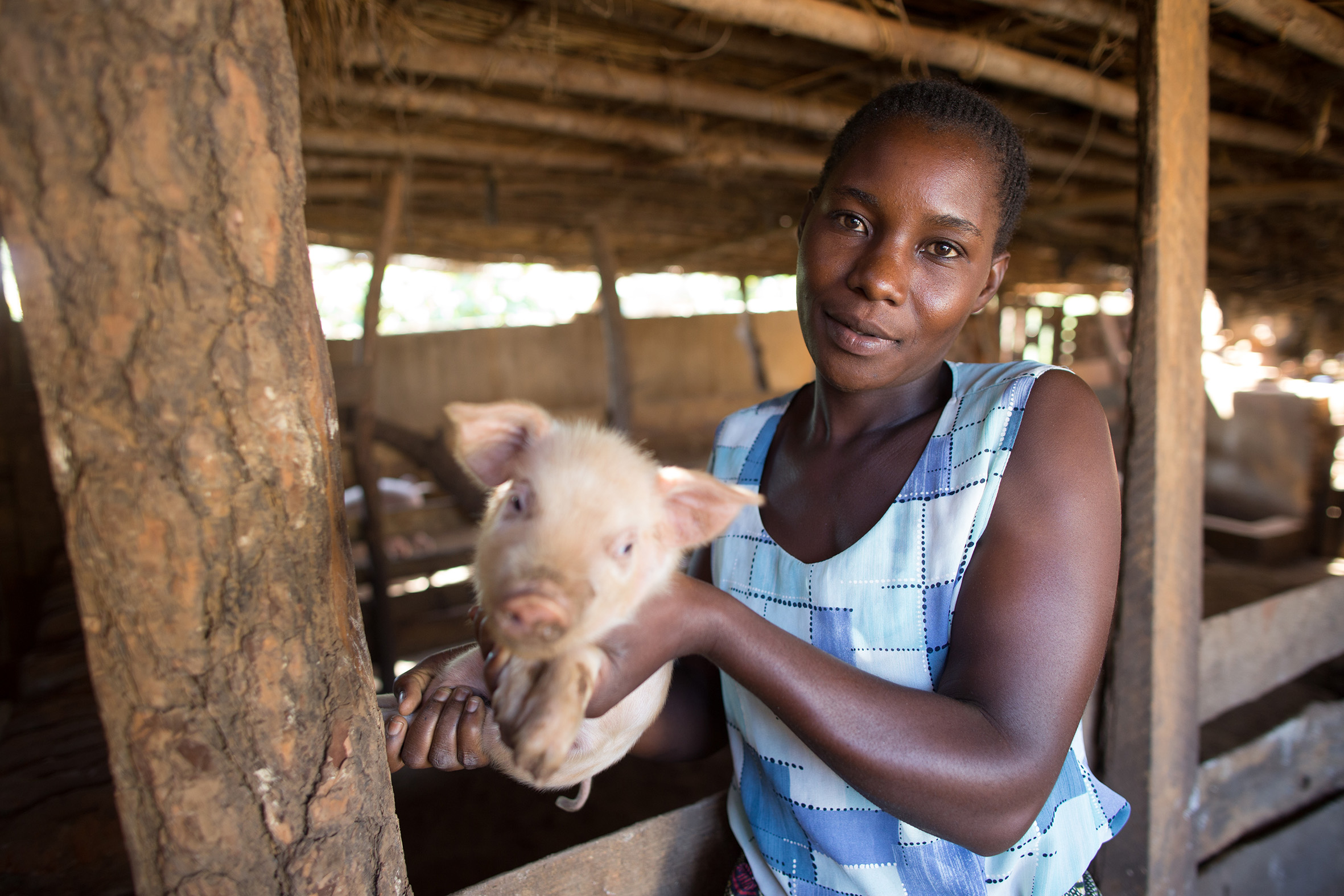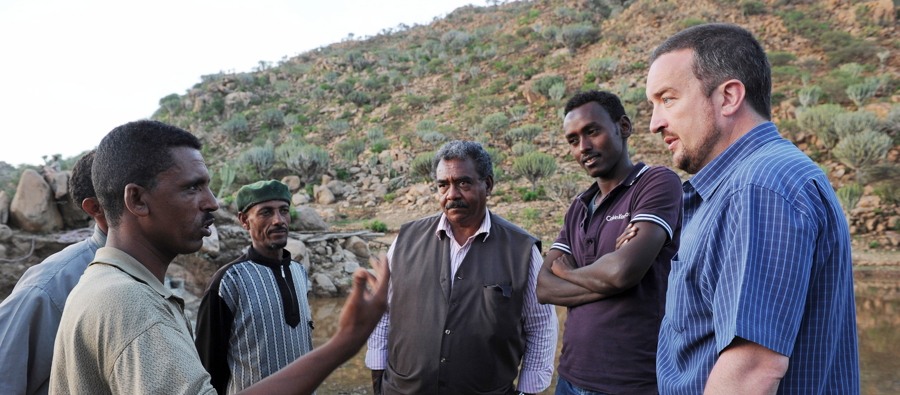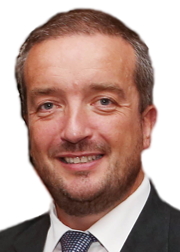It was the Greek philosopher Aristotle who first coined the phrase that the whole was greater than the sum of its parts.
The expression was one that came to mind last week, at the launch of a new forum that aims to use the knowledge and learning of farming in Ireland to help to increase food production and end extreme hunger in poor regions of the world.
The Irish Forum for International Agricultural Development (IFIAD), which was launched in Dublin, brings together government ministries, state bodies, private business, agricultural research academics, farmers groups and others, including the country’s leading development organisations to lend our experience and know-how to the wider global challenge of producing food for the world’s growing population.
There is sound thinking behind the creation of this new body.
In Ireland, we are a nation that has been built on agriculture.
In place of an industrial revolution we had an agricultural revolution, with the island’s good soil and temperate climate the environment within which a burgeoning farming sector became the main driver of economic growth for more than half a century.
This economic growth provides many valuable lessons – in areas such as the diversification of farming, employment of agricultural sciences, use of new technologies, and the emergence of the cooperative movement – that can and are now being applied in developing regions of the world.
The new consortium was formally launched by the Irish Minister for the Diaspora and Overseas Aid, Mr. Joe McHugh, who spoke at the event of Ireland’s own special relationship with smallholder farming, and how the lessons that we had learned could be shared, to the benefit of others.
The founding members of the new body include Ireland’s Department of Agriculture, Food and the Marine, Irish Aid, the overseas arm of our Department of Foreign Affairs, the country’s agriculture and food research organisation (Teagasc) and Agri-Science departments at universities in Dublin, Cork and Galway. They are joined by development organisations including Self Help Africa, Vita, Concern Worldwide and Trocaire, by private agri-businesses, and by the country’s main farmers’ representative body, The Irish Farmers Association (IFA), amongst others.

The official launch of the IFIAD forum, from left: David Governey, former Director of IFPRI and board member of Self Help Africa, Professor Gerry Boyle, Director of Teagasc, Minister for the Diaspora and Overseas Development, Mr. Joe McHugh, Mr. Lance O’Brien, Director of Teagasc, and Dr Ousmane Badiane, Africa Director for the International Food Policy Research Institute (IFPRI) in Dublin.
If evidence was needed of the potential of IFIAD, it can be found in Eritrea, where Self Help Africa teamed up two years ago with the agricultural authority Teagasc, The Irish Potato Industry, and Vita to promote the production of a new Irish potato variety in that country.
In collaboration with Eritrea’s Ministry of Agriculture, the initiative resulted in this new Electra potato variety being distributed to smallholder farmers, with the result that potato yields almost tripled within two years.
In areas where the potato was grown the potato became more widely available in markets, with the result that the price paid by rural poor consumers was reduced.
At Self Help Africa we regard agriculture as critical to the fight to end hunger and poverty, and recognize the clear benefits that can result from this new forum.

Ethel Khundi, a small-holder farmer and mother of four working with Self Help Africa in Malawi.
Specifically, I believe that there is a great deal that can be learned from the work of our research bodies, and from an Irish agri-business sector from which has emerged some of the most successful agri-business processors and exporters in the world.
In contrast, in sub-Saharan Africa today the agri-business sector is still in its infancy.
By supporting the continuing growth of farmers’ cooperatives, the promotion of agri-processing and other forms of value-addition, and by supporting the creation and development of new markets, I see a huge potential in the coming years for Africa’s agricultural sector.
It was entirely fitting that the launch in Dublin of the Irish Forum for International Agricultural Development should have coincided with this year’s World Food Day. I look forward to IFIAD playing its part, and contributing to the World Food Day mission, by both raising awareness, and championing the vital role that agriculture must play in ending hunger, in the years to come.



